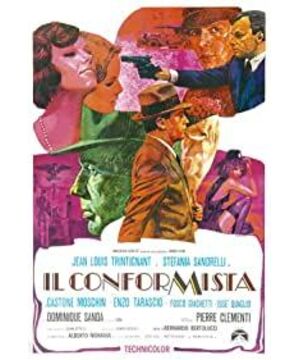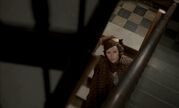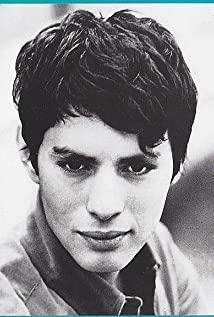Technically, artificial location design, active shots (in-camera editing), montage flashbacks, and colored background lighting didn’t really impress me, and maybe it’s not new from today’s point of view. But it seems to be one of Bertolucci's most praised by Western critics.
It may be more interesting to discuss the birth of a fascist from the perspective of social psychology. How a deep cabinet who was living a "normal" life betrayed past education in order to integrate into the mainstream, to assassinate an anti-fascist teacher. In Bay's view, fascism does not believe in any superhuman philosophy but seeks collective identity, even deliberately mediocrity. This kind of psychology is manifested as the protagonist's repression of his sexual orientation. The ending scene is from a gay perspective to watch the male protagonist outside/inside the fence, and the audience still maintains a fence distance from an alien. This distance, however, has shifted from physical to psychological—the universality of the deep cabinet. Clever metaphor. Most of the people in a society are looking for ordinary people, self-castration, and people who wait for the definition of others, which is the psychological basis for the formation of fascism. Here Bertolucci believes that this kind of social psychology transcends ideological disputes, and it is no wonder that Godard, who was engaged in video guerrilla warfare at the time, did not like it. Of course, the film's point of view is elitist. It presupposes that only intellectuals will lead the public out of Plato's cave, and if they are not assassinated, the truth will be presented. Naturally, the broader and deeper political and economic analysis beyond social psychology will also be lost. But the director may not be interested in that. Are the days when we report each other as minions? The next step is to witness the downward spiral that has been unstoppable sliding into the abyss, and hide in the cabinet together.
View more about The Conformist reviews











